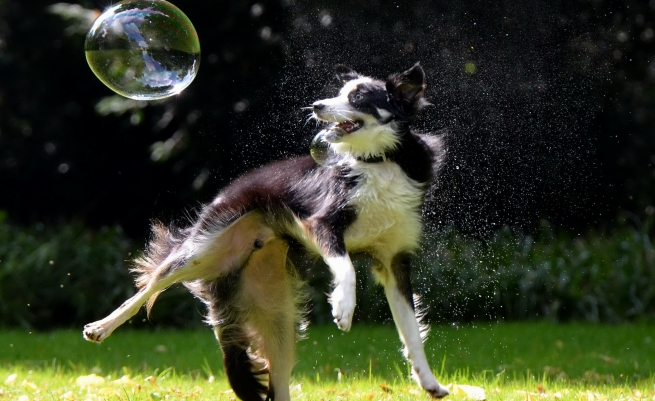Introduction
Bringing a puppy into your home is a delightful experience that promises both fun and challenges. At Puptown Houston, we believe that the key to a successful relationship with your new pet lies in effective training from the start. This guide, developed by dog training specialists, provides proven techniques and insights to help you and your puppy thrive together.
The Importance of Early Puppy Training
Training your puppy goes beyond basic commands; it establishes a framework for lifelong habits and behaviors. Early training not only prevents future behavioral problems but also strengthens the bond between you and your puppy, ensuring a mutual respect and understanding that enhances your daily interaction.
Strategies for Effective Puppy Training
Emphasize Positive Reinforcement
Utilize treats, praise, and play to reward your puppy for good behavior. This approach reinforces positive actions and makes training sessions a source of joy for both of you.
Create a Consistent Schedule
A consistent daily routine helps your puppy adjust to your home and understand what is expected of them. Regularity in feeding, potty breaks, and training sessions creates a sense of security and aids in faster learning.
Engage in Socialization
Expose your puppy to different environments, people, and other pets. Proper socialization reduces fear and anxiety and helps your puppy develop into a well-adjusted adult dog.
Train in Short, Engaging Sessions
Puppies have limited attention spans. Keep training sessions short—5 to 10 minutes—to maintain their focus and interest. Frequent, brief sessions are more effective than less frequent, longer sessions.
Practice Patience and Consistency
Patience is essential when training a puppy. Consistent application of rules and commands helps prevent confusion and reinforces learning, ensuring your puppy understands and follows your instructions.
Understanding Puppy Behavior
Scientific research into canine learning and behavior underscores the importance of gentle, reward-based training methods. These techniques align with a puppy’s natural inclinations towards play and exploration, making learning both effective and enjoyable.
Puppy Training FAQs
When should I start training my puppy?
Begin training as soon as your puppy arrives home. Early training taps into a puppy’s innate curiosity and capacity for rapid learning.
What are the first commands to teach a puppy?
Focus on essential commands such as “sit,” “stay,” “come,” and “leave it.” These basic commands are crucial for managing your puppy’s behavior and ensuring their safety.
How do I handle biting and chewing?
Teach your puppy what is acceptable to chew. Provide appropriate toys and use commands like “leave it” to curb unwanted chewing. If biting occurs, a firm “no” and replacing your hand or clothing with a chew toy can help.
Conclusion
Effective puppy training is the cornerstone of a harmonious and joyful life with your new companion. At Puptown Houston, our expert trainers are dedicated to helping you achieve a successful and rewarding training experience. By following these foundational strategies, you will foster a strong bond with your puppy, filled with respect, understanding, and affection.
